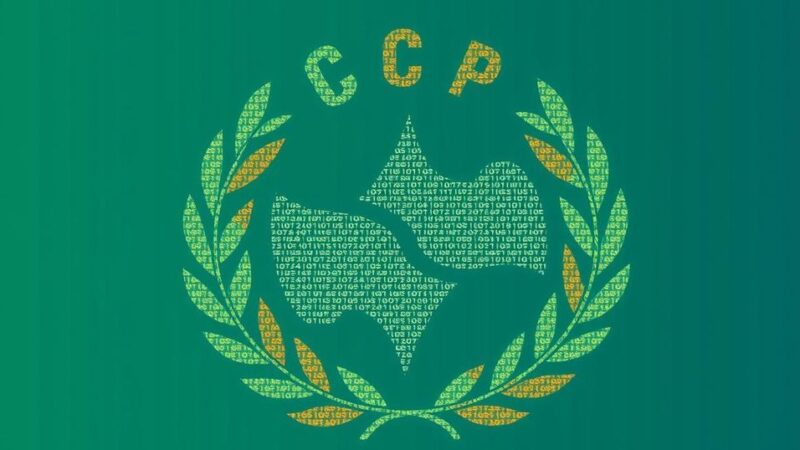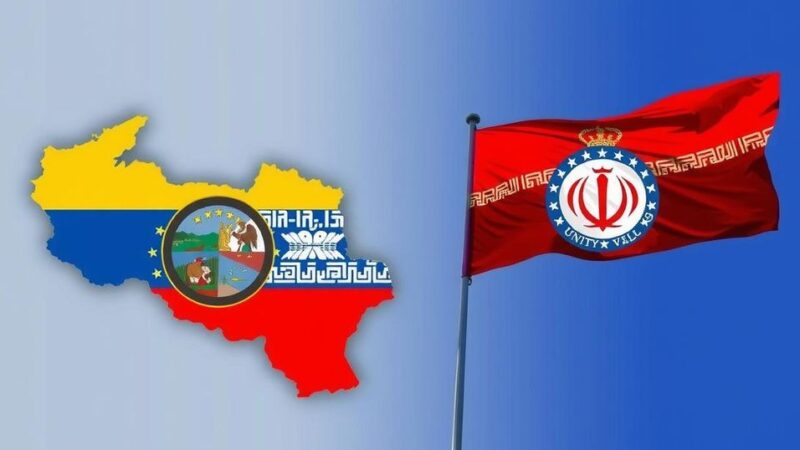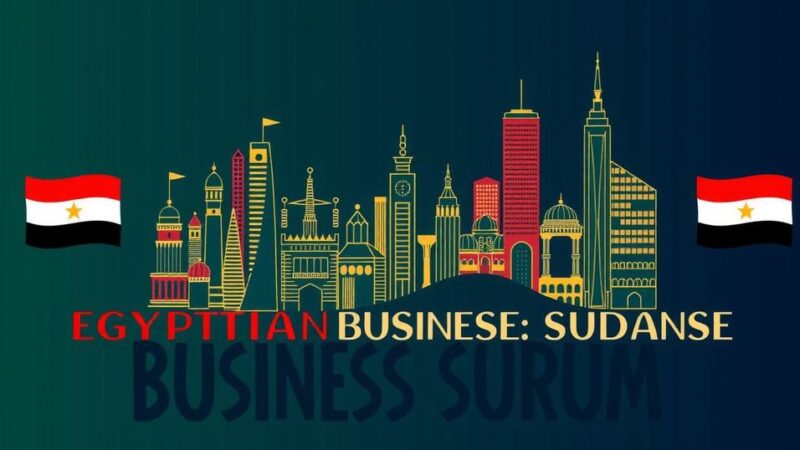Iran is strategically navigating the challenges posed by Israeli strikes on Hezbollah’s leadership, while facing a growing backlash from the Lebanese populace regarding its involvement. The region’s powers are reassessing Lebanon’s future without Hezbollah’s dominant presence.
The geopolitical dynamics in Lebanon have undergone a significant shift due to recent Israeli military actions targeting Hezbollah leadership. As the Israel Defense Forces (IDF) eliminate key figures within the organization, Iran is poised to defend its proxy, Hezbollah, amidst rising regional tensions. Iranian Foreign Minister Abbas Araghchi’s recent visits to Beirut and Damascus underlined Tehran’s pledge of support for Lebanon, yet local reactions have been sharply critical. Many Lebanese citizens are voicing their dissatisfaction, casting Iran’s promises as hollow amidst the ongoing tumult within their nation. With influential Middle Eastern powers reconsidering Lebanon’s political landscape sans Hezbollah, Iran’s backing may face substantial scrutiny and resistance.
The article discusses the current state of Hezbollah, the Iranian-backed militant group in Lebanon, amid escalating Israeli military operations targeting its leadership. It highlights Iran’s attempts to stabilize its position in Lebanon through diplomatic means, particularly by sending its foreign minister to express support, while addressing the criticism faced from Lebanese citizens affected by the ongoing conflict. The broader implications for the region are also noted, as other nations evaluate the future of Lebanon in a scenario where Hezbollah might not hold the same influence as before.
In conclusion, the unfolding crisis surrounding Hezbollah emphasizes the fragile equilibrium of power in Lebanon, as heightened Israeli military intervention creates both opportunities and challenges for Iran and its allies. Public sentiment within Lebanon is increasingly directed against Iranian interference, potentially reshaping future perspectives on governance and influence within the country.
Original Source: www.haaretz.com






